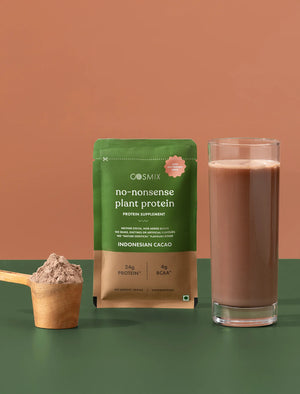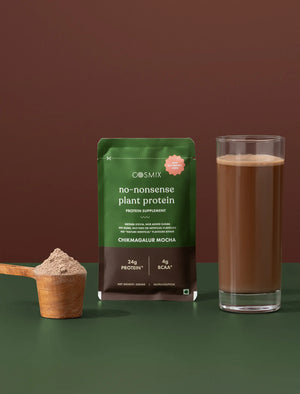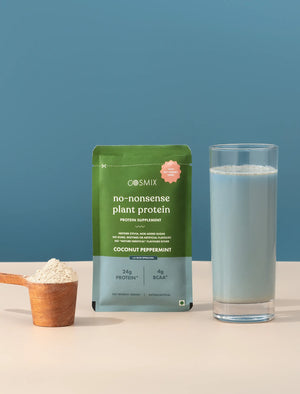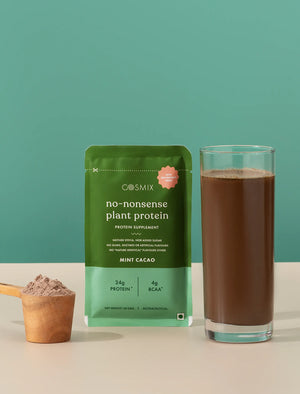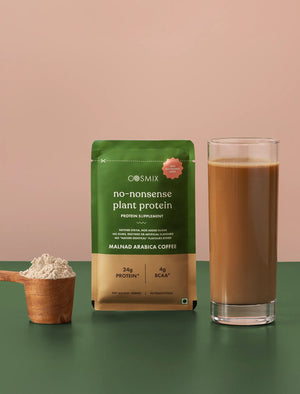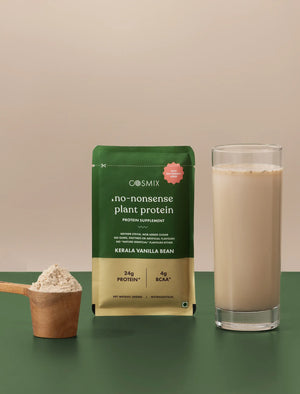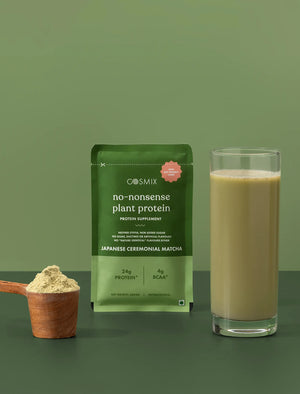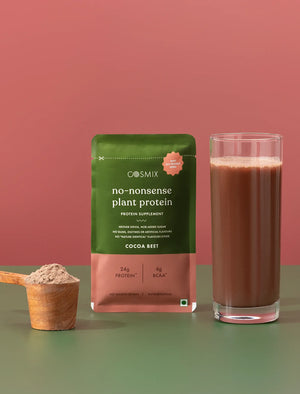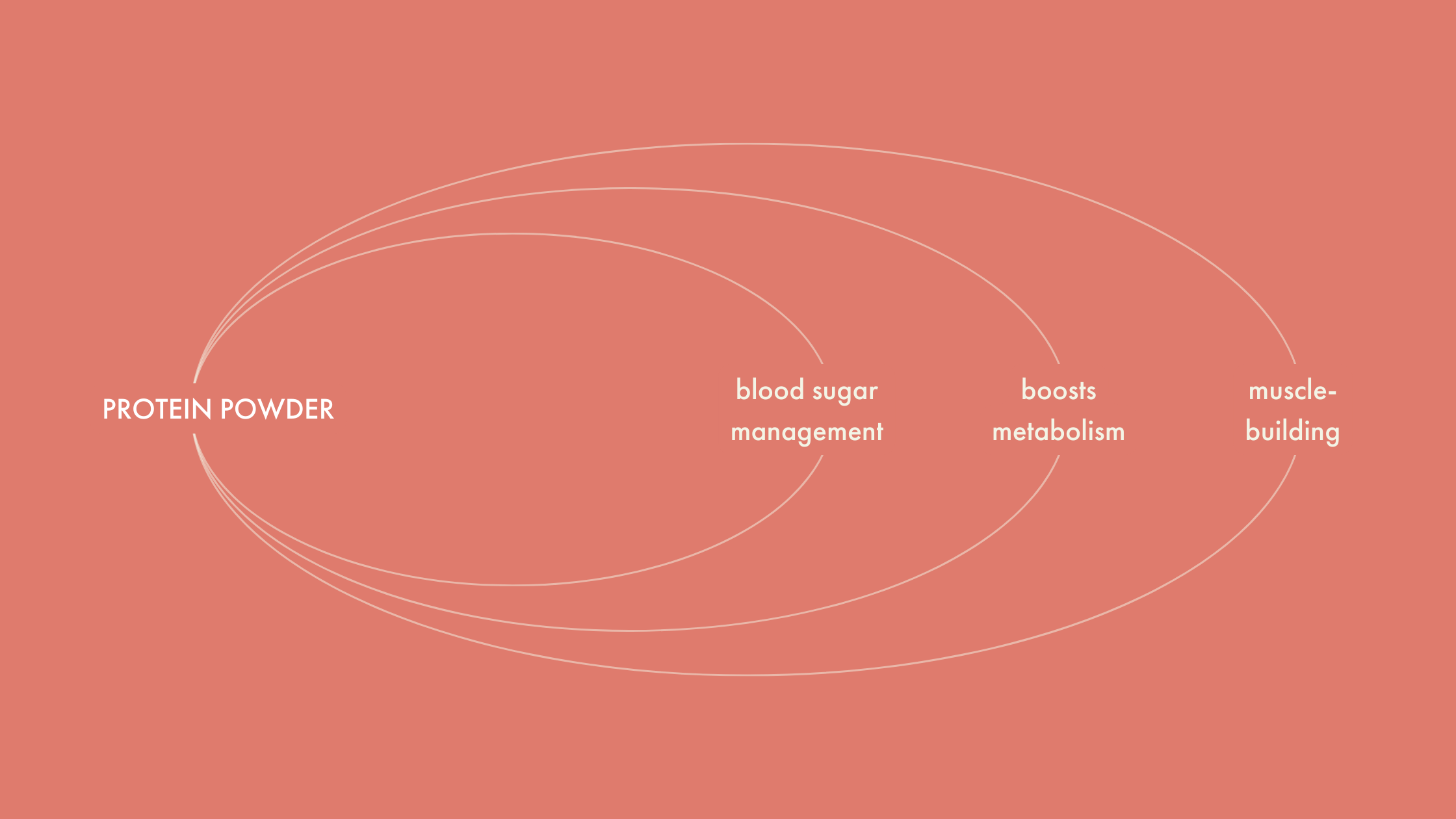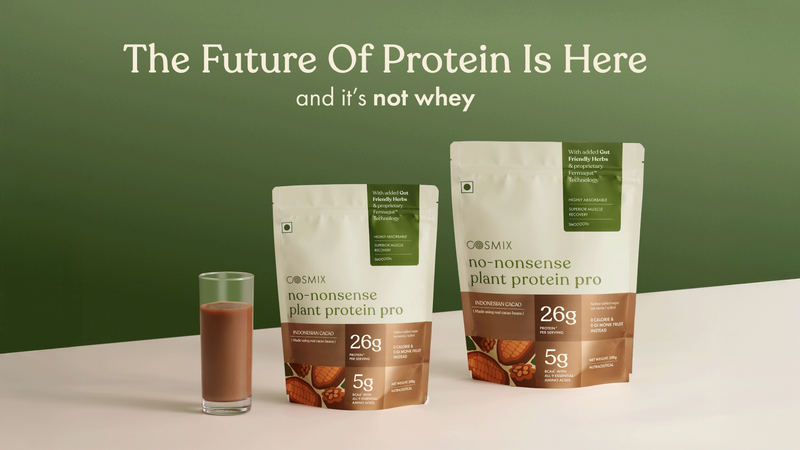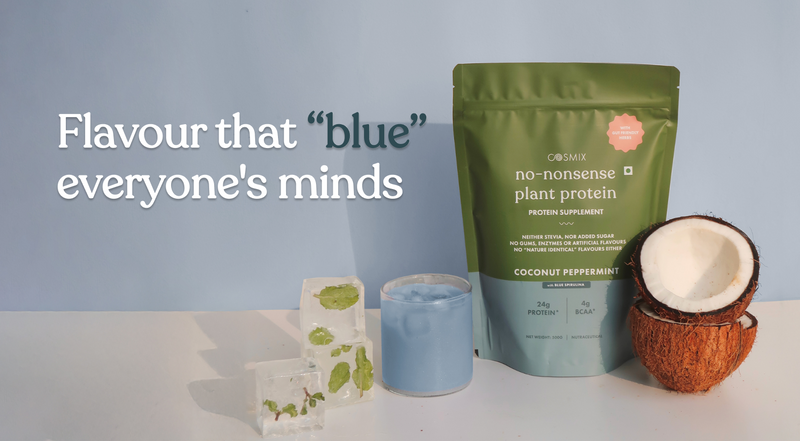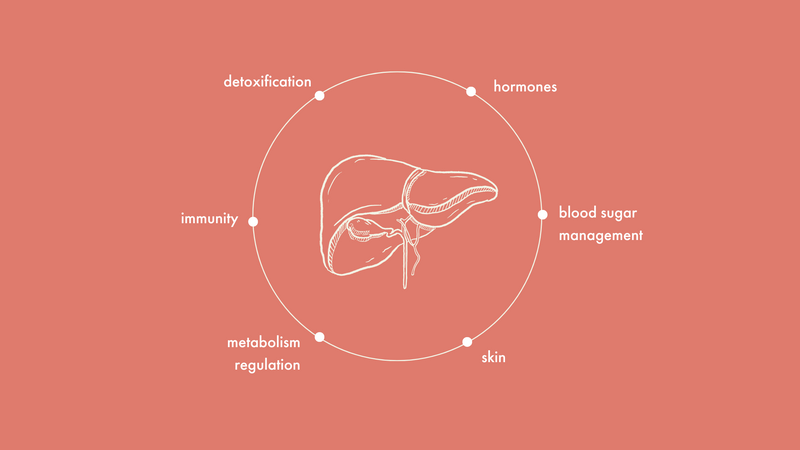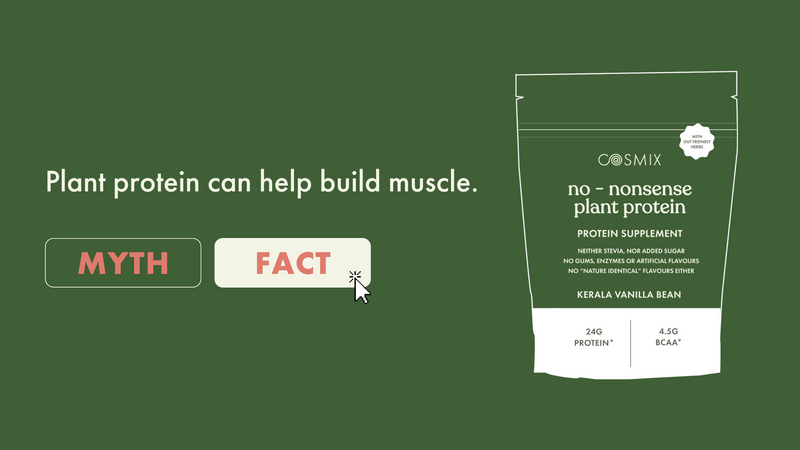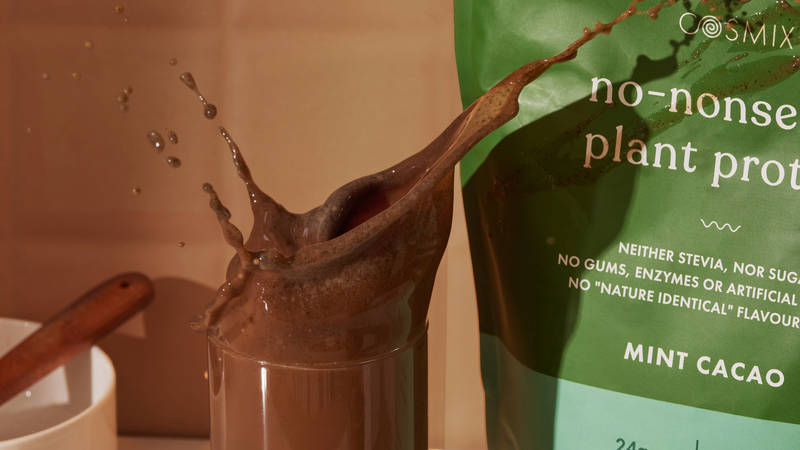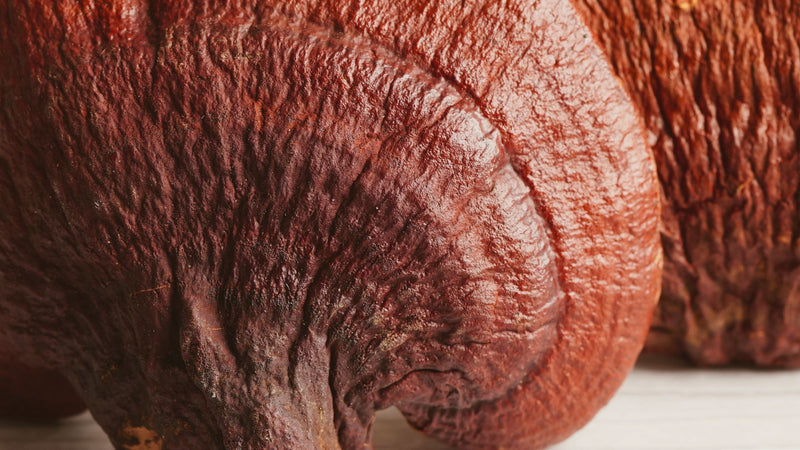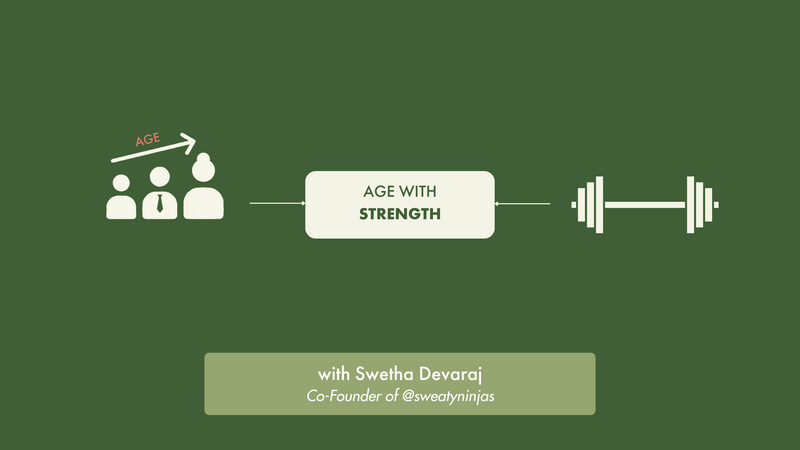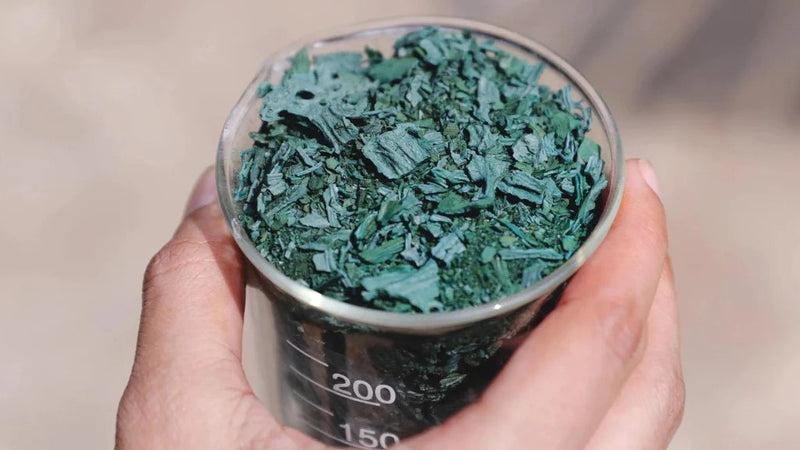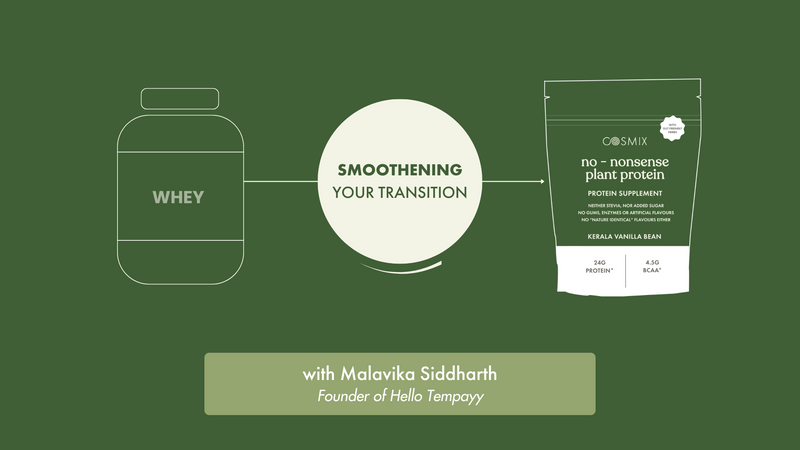The world of protein powders can be intimidating, overflowing with jargon and conflicting advice. We get it. If we were you, we would be overwhelmed too!
But fear not, we’re bringing a simple guide to equip you with all the knowledge you need to confidently explore protein powders and unlock their potential to integrate into your healthy lifestyle. Ready? Let’s start with the basics.
Is protein only for people going to the gym?
We’re going to burst your myth and tell you that protein powder is NOT solely for gym enthusiasts. It's an essential part of a wellness journey for anyone seeking to optimise their health to their full potential. And here’s how protein shines:
1: Helps with blood sugar management: While we NEVER recommend substituting a healthy meal with protein, consuming protein before your meals can reduce appetite and hunger levels. When people try to understand how to lose weight using protein powder, this characteristic of protein is what they have in mind. Unlike carbohydrates, protein takes approximately 3-4 hours to fully digest. This means that it causes a slower rise in blood sugar levels compared to sugary foods, which helps prevent blood sugar spikes.
2: Boosts Metabolism, and helps with food management: Protein makes us feel full, reducing cravings and helping us eat less as a whole. This unique ability of protein can be very useful – it helps avoid overeating, keeps the appetite in check, and can even help manage our weight by cutting the need for persistent snacking.
3: Muscle-Building: Protein is the foundation for muscle-building. It provides the essential amino acids your body needs to repair micro tears caused by exercise - leading to bigger and leaner muscles.
But how do I even start?
Now that you know the benefits, let’s talk about choosing the right protein for you.
Protein comes in two major categories: Whey Protein, and Plant-Based Protein. Whey protein is a protein supplement that is primarily derived from milk. Plant protein is simply protein derived from plants like peas, beans, lentils, nuts and seeds. This subtype is generally preferred by people who have a lactose-sensitive stomach or those who prefer to consume protein in its cleanest and most natural form or prefer a more vegan dietary approach.
But how much protein powder should I take daily?
You know the crazy thing about protein? Technically, there can be no standard answer for this question. Unlike a one-size-fits-all approach, protein intake should be personalized. Your individual needs depend on factors like activity level and fitness goals. But to answer this question in simple terms - The key is to avoid obsessing over every gram. Be easy and calm about your meals, and the consequent protein intake. Most Indian foods already contain great protein sources. The biggest and main advantage of protein powder is how palatable and easy it is to track your daily intake.
Here at Cosmix, we recommend 38g of protein powder per serving for regulars, but if you’re just starting, you can start with 20g or even less. Be patient with your body as it starts getting used to protein and its effects. Results don’t come overnight, and neither does the discipline to stay consistent!
But to build consistency, we always encourage people to be creative with the recipes they pick! Supplementing your health with protein doesn’t mean that your liquids should do all the heavy lifting. As you’re starting with protein, try blending in a banana with your water to help make your drink creamier and easier to consume! While there’s always the ever-trustworthy mixing in water, you can also try adding it to smoothies, shakes, yoghurt or even bake high-protein pancakes with it! If you ever find yourself running out of fun ways to experiment with your protein, you can check out our recipes highlighted on our Instagram page.
Can I really have protein powder every day though?
For us to answer this, you need to be sure you’re using a good protein powder. Pick something with no sugar or additives, so you’re not hurting your overall health. Also, if the thought of eating protein powder every day feels a little too overwhelming at the start, don’t hesitate to switch it up with other protein sources - like tempeh, tofu, lentils, or meat-based foods. Have fun with it! Supplements are not meal replacements, they are boosters to close & strengthen the loop of your holistic health.
Is taking protein powder safe?
Finally, we cannot finish this article without addressing one of the biggest concerns that most people have. Many people often confuse the effects of purine-rich proteins with the effect of protein powders in general. This gives rise to a very common misconception that makes them think that all protein powders cause uric acid buildup, causing a rise in kidney or gut issues.
We spoke to Gauravi Vinay, an ASCM-certified clinical nutritionist, about safety concerns surrounding protein, and here’s what she had to say: “Protein doesn’t cause any kidney or liver issues unless they already exist. Bad protein powders can aggravate pre-existing issues if left untreated, but protein in itself cannot create such problems out of the blue.”
To end this blog, we’d like you to remember one final thing. Protein powder is a valuable supplement, but it cannot, and shouldn't replace a balanced diet. Eat well, incorporate some movement in your life, and get a consistent good night’s sleep, to see the magic happen!
Do consult with a healthcare professional if you have any pressing questions about incorporating protein powder into your routine. Additionally, if you have any more questions about protein, or health and wellness in general, hit us up @cosmixwellness on Instagram. We’re always here to help!














